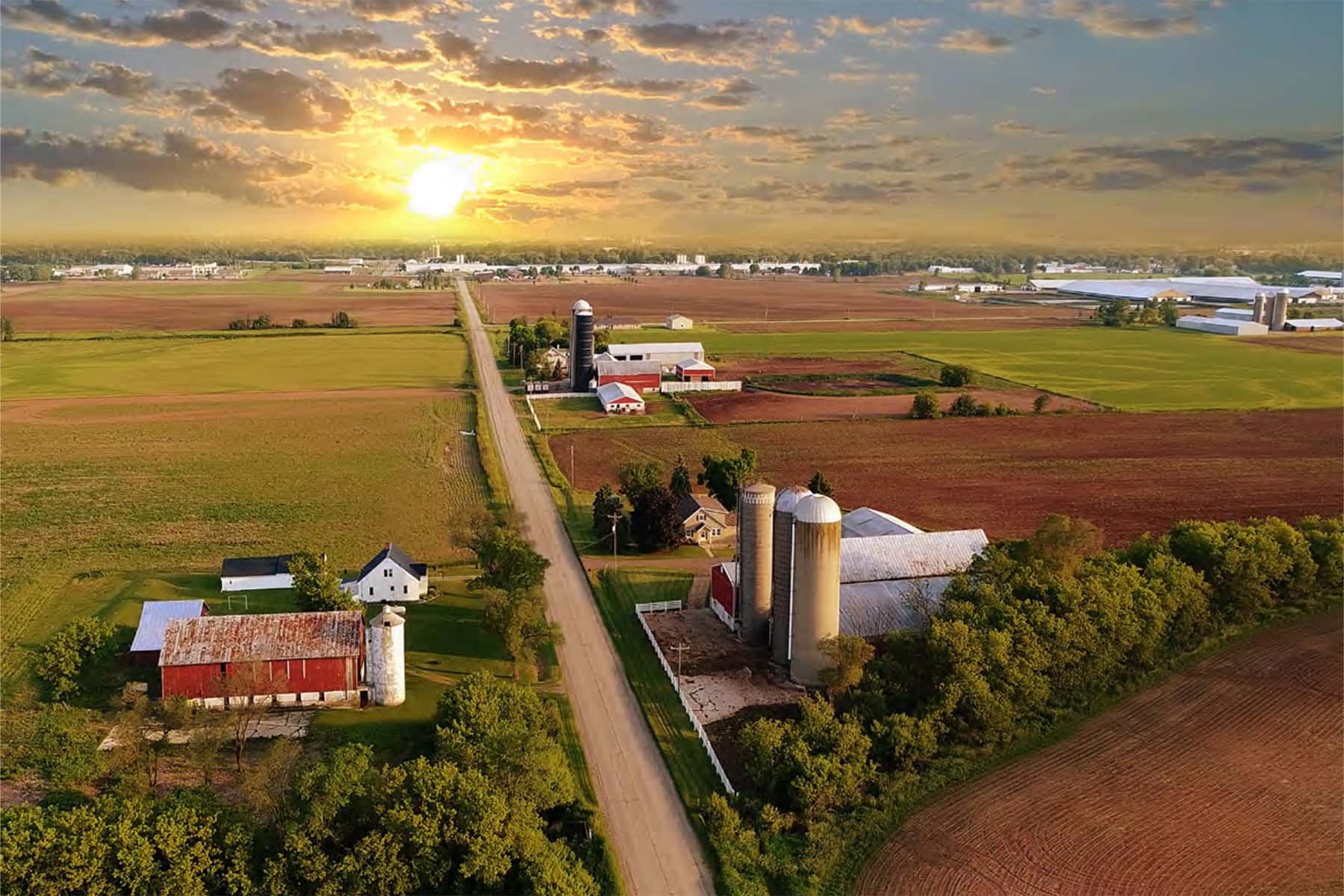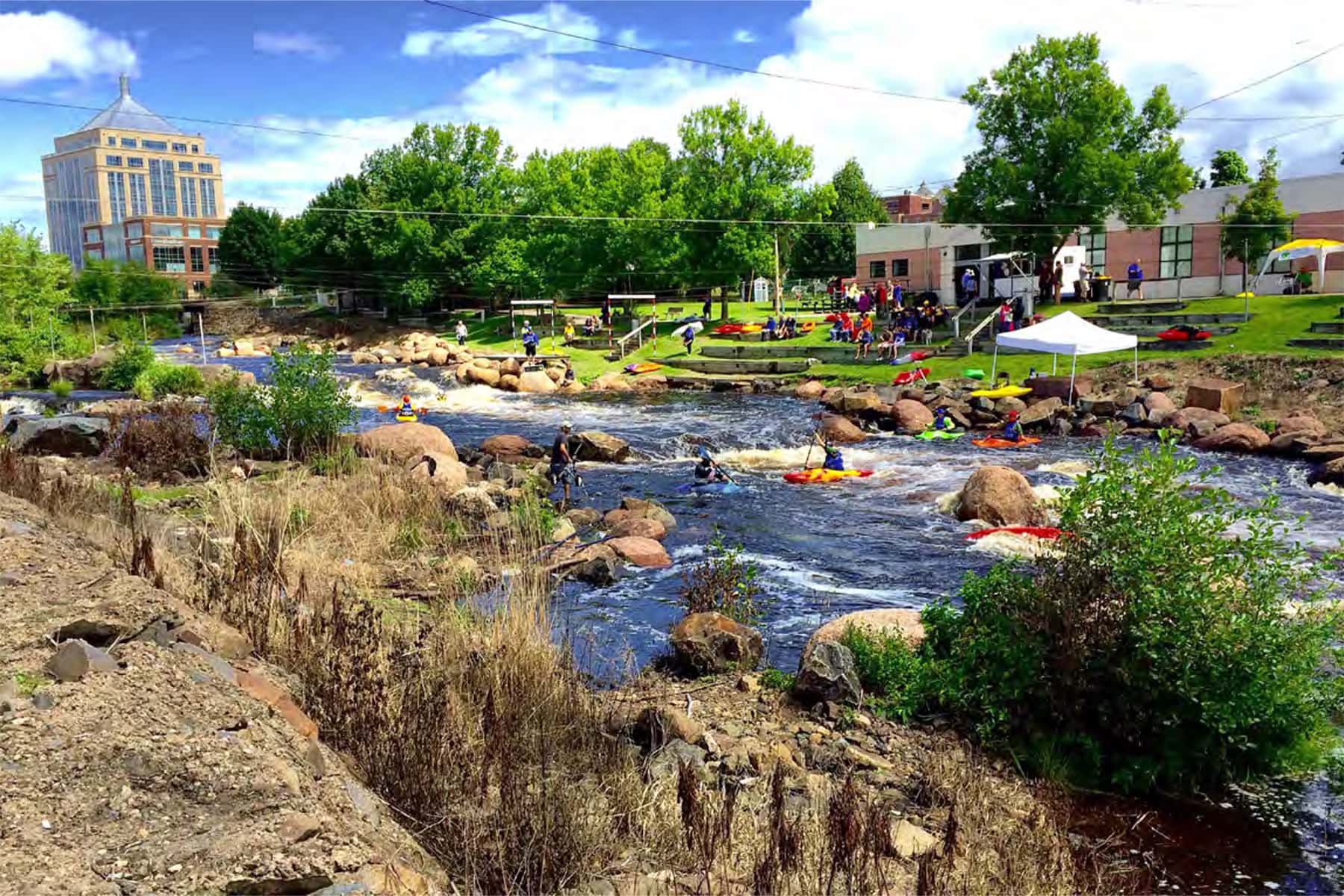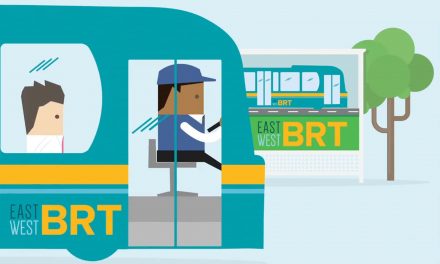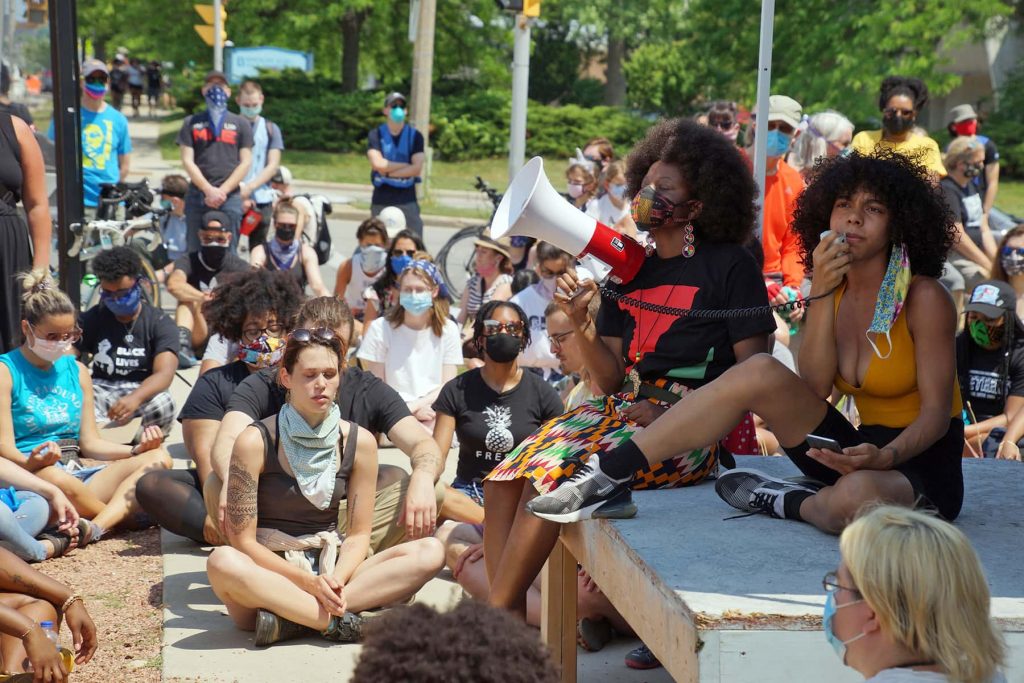
Governor Tony Evers announced the release of the “Rural Voices for Prosperity: A Report of the Governor’s Blue Ribbon Commission on Rural Prosperity” on December 15, which calls for coordinated measures across state government to meet the needs of Wisconsin’s rural communities.
The Rural Voices for Prosperity report featured 10 overarching recommendations that, taken together, would commit state government to a comprehensive approach to rural prosperity, create new partnerships with rural and tribal communities in the designing and delivering state services, and invest more thoughtfully to address rural Wisconsin’s critical challenges and most promising opportunities.
“I want to thank the members of the commission who’ve done an extraordinary job this year seeking out and listening to rural voices and communities to make recommendations to move our state forward together,” said Governor Tony Evers. “This report provides a critically important view of what rural residents and community leaders across our state need as we begin crafting our 2021-23 state budget and other important priorities.”
Governor Evers created the commission in January as part of his State of the State address. The 12 commission members are community leaders from across the state who reflect the breadth of rural and tribal economies, professions, and populations.
From August through mid-October, the commission conducted three virtual conversations open to all rural Wisconsinites, invited anyone to submit written ideas through the Commission website, and met in-person or virtually with stakeholder groups. Over 500 people from across the state provided their ideas to the Commission about how to achieve prosperity and sustainability in rural Wisconsin for generations to come
“Wisconsinites took this opportunity to come forward and share their rural communities’ challenges and concerns. It is my hope and dream that this report will help rural Wisconsin move forward to not only to survive but thrive,” said Commissioner Gina Tomlinson of Buffalo County.
The 10 overarching recommendations included:
- Create and appropriately resource a place within the Wisconsin state government that understands and champions the unique attributes of rural Wisconsin—including Native Nations;
- Continue the governor’s efforts to make the needs and priorities of rural communities and Native Nations a forethought, rather than an afterthought;
- Take an “all-of-government approach” to doing right by rural and tribal communities;
- Ensure rural places and Native Nations in rural Wisconsin get a fair shake in accessing state and federal resources;
- Look beyond Wisconsin’s borders for good ideas;
- Unleash the full power of communities to innovate and act by updating state laws that restrict local agency;
- Reinvest in the Wisconsin Idea and the University of Wisconsin, its satellite campuses, and our state’s network of community and technical colleges as unique and valuable assets;
- Rebalance state business incentives to ensure economic development prioritizes the assets of Wisconsin people, communities, and businesses;
- Invest in vital ingredients for our better future; and
- Continue the work of the Governor’s Blue Ribbon Commission on Rural Prosperity.
In addition to the 10 overarching recommendations, the report summarized what residents told the Commission – including challenges that are stifling rural prosperity, how the state and local governments have been helpful, and promising ideas worth exploring. Those ideas included:
- Establishing a strategic roadmap for Wisconsin’s forestry sector;
- Investing in agricultural supply chain gaps that inhibit market development, such as meat processing infrastructure and workforce development;
- Supporting childcare professional development, mentoring, and information sharing;
- Elevating success stories from rural Wisconsin communities that have succeeded at providing better broadband and coverage;
- Examining how the state could encourage more investment in renewable energy projects; and
- Boosting state support for outdoor recreation project implementation.
Commissioner Dave Falk of Wood County noted, “The passion the participants in our listening sessions have for their communities was evident during every session. While our rural communities are very diverse, spanning all four corners of the state, there were many common areas of concern.”
“The readers of this report will gain insight into the unique and significant issues facing rural Wisconsin residents,” said Tom Landgraf, Commissioner of Dane County. “They will also get a glimpse at strategies to enhance rural economic and community development, education, health systems, housing, technology, innovation, and agriculture.”
Commissioners were assisted in their work by the Wisconsin Economic Development Corporation’s (WEDC) Office of Rural Prosperity (ORP), with assistance from the Aspen Institute Community Strategies Group (Aspen CSG). The public input received by the Commission is already being used to tackle a top issue in rural communities—broadband. This fall ORP launched the Broadband Connectors Pilot Initiative in partnership with the Public Service Commission to provide technical assistance to six communities in qualifying for public- and private-sector broadband expansion funds.
“The commission’s report and the Broadband Connectors Pilot Initiative are just the first steps in our efforts to ensure vibrant, successful rural communities that will be home to many more generations of Wisconsinites,” said Missy Hughes, WEDC Secretary and CEO. “I am excited to receive their report and get to work implementing many of these suggestions.”
Wisconsin is one of only few states to establish a rural-specific coordinating office in state government.
“The need for a rural lens when designing both state and federal policy and programs – and for engaging rural people in that design – is emerging across the country as critical to changing rural prospects,” said Janet Topolsky, executive director of Aspen CSG. “The fact Wisconsin has established its new Office of Rural Prosperity and this commission is clear evidence that state leaders recognize that need.”
The commission hopes to continue the discussion with rural Wisconsinites beyond this report – and for opportunities to move forward with ideas discussed in the report, whether that’s through the upcoming biennial budget process, working with state agencies and programs, or looking for support through federal government and new public-private partnerships.
“As a Menominee tribal member, I am proud to have been a part of this process to give our rural communities the platform to showcase their values along with their unique assets,” said Pamela Boivin, Commissioner of Menominee County.
© Photo
Wisconsin Economic Development Corporation















